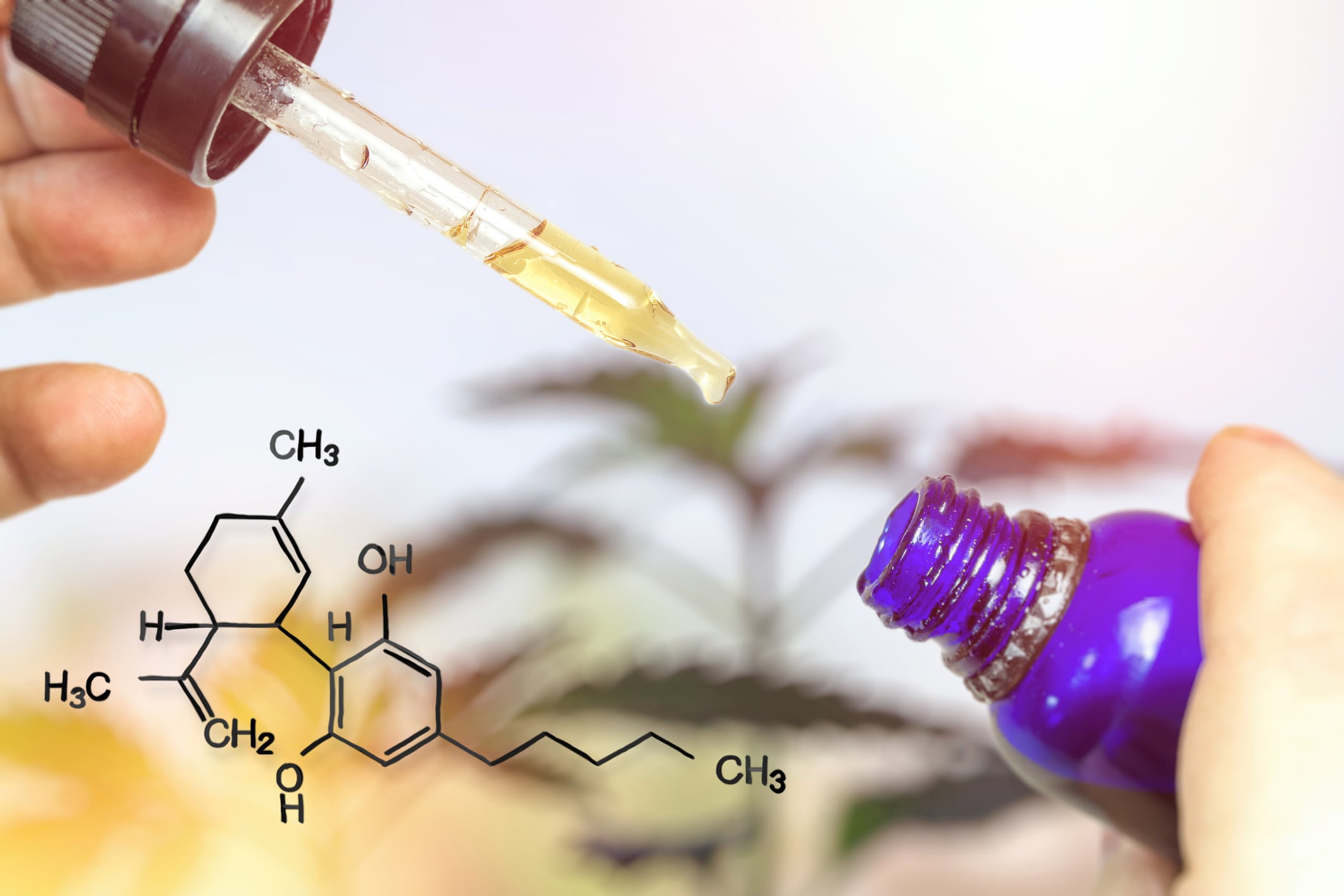The study was led by researchers led by Drs. Igor Koturbash and Bill Gurley from the Center for Dietary Supplements Research (CDSR) at the University of Arkansas for Medical Sciences, Little Rock, AR and Drs. Mahmoud ElSohly and Larry Walker from the National Center for Natural Products Research (NCNPR) at the University of Mississippi, Oxford, MS. It was published earlier this month in the journal Molecules.
Their goal was to find out if CBD, which the group had already confirmed has a potential for liver injury when administered by itself, could further potentiate acetaminophen’s liver damaging propensity.
Acetaminophen’s liver injury link
According to the National Institutes of Health, acetaminophen is a “well established cause of liver injury, but severe cases occur only with high doses.” These high doses are either an intentional suicide attempt or occur accidentally, but the agency noted that in some cases liver injury can be seen at normal therapeutic doses.
But in another NIH paper from 2008, the authors said, “Although many disease processes can cause ALF (acute liver failure), acetaminophen overdose is the leading cause in the United States.”
Information from the Harvard Medical School indicates that taking the maximum allowable therapeutic dose for an extended period of time can lead to liver injury. So it’s no small matter if CBD could raise this risk, as it might be an attractive compound for chronic use by patients who are regularly using acetaminophen (which the researchers abbreviated at APAP) to manage chronic pain conditions.
According the Consumer Healthcare Products Association, acetaminophen is the most common drug ingredient in the United States, and can be found in more than 600 products. On any given week, 23% of Americans use a product containing the pain reliever, the trade organization says.
"Previous research from the CDSR/NCNPR research team demonstrated that CBD appears to modulate a number of drug-metabolizing enzymes involved in the biotransformation of acetaminophen (APAP) and ethanol,” said Gurley. “That was the impetus for our examining whether or not such CBD-mediated interactions could enhance the hepatotoxicity of acetaminophen.”
Model using older mice
To investigate this, the researchers used 9-month old mice, which equate to an elderly human. The mice were treated for three consecutive days with human equivalent doses of a cannabidiol-rich cannabis extract (with CBD comprising 57.9% of the extract) was followed by a challenge with a non-lethal dose of APAP. The combination resulted in development of a sinusoidal obstruction syndrome (SOS)-like pattern of liver injury and death in nearly 40% of the animals. Neither SOS nor death was observed in any of the control groups (e.g., vehicle + CBD, vehicle + APAP).
The liver injury potential is especially concerning for elderly consumers, as the researchers noted that enzymatic activity and drug clearance are both known to become impaired with age. The researchers also noted that elderly consumers tend to use more drugs overall, with the highest overall prevalence observed in older women, of whom 94% take at least 1 medication and 57% take 5 or more.
Future research would look at this model in younger mice and those with different genetic profiles (the researchers used an outbred strain of mice to better mimic the genetic heterogeneity of the human population).
“Whether or not we can repeat these findings in young animals of other strains remains to be seen. This is what we are working on now. Repeatability of these findings in younger mice and in other mouse strains will be particularly alarming,” Gurley added.
Source: Molecules
24(12), 2256; https://doi.org/10.3390/molecules24122256
Paradoxical Patterns of Sinusoidal Obstruction Syndrome-Like Liver Injury in Aged Female CD-1 Mice Triggered by Cannabidiol-Rich Cannabis Extract and Acetaminophen Co-Administration
Authors: Ewing LE, et al.




